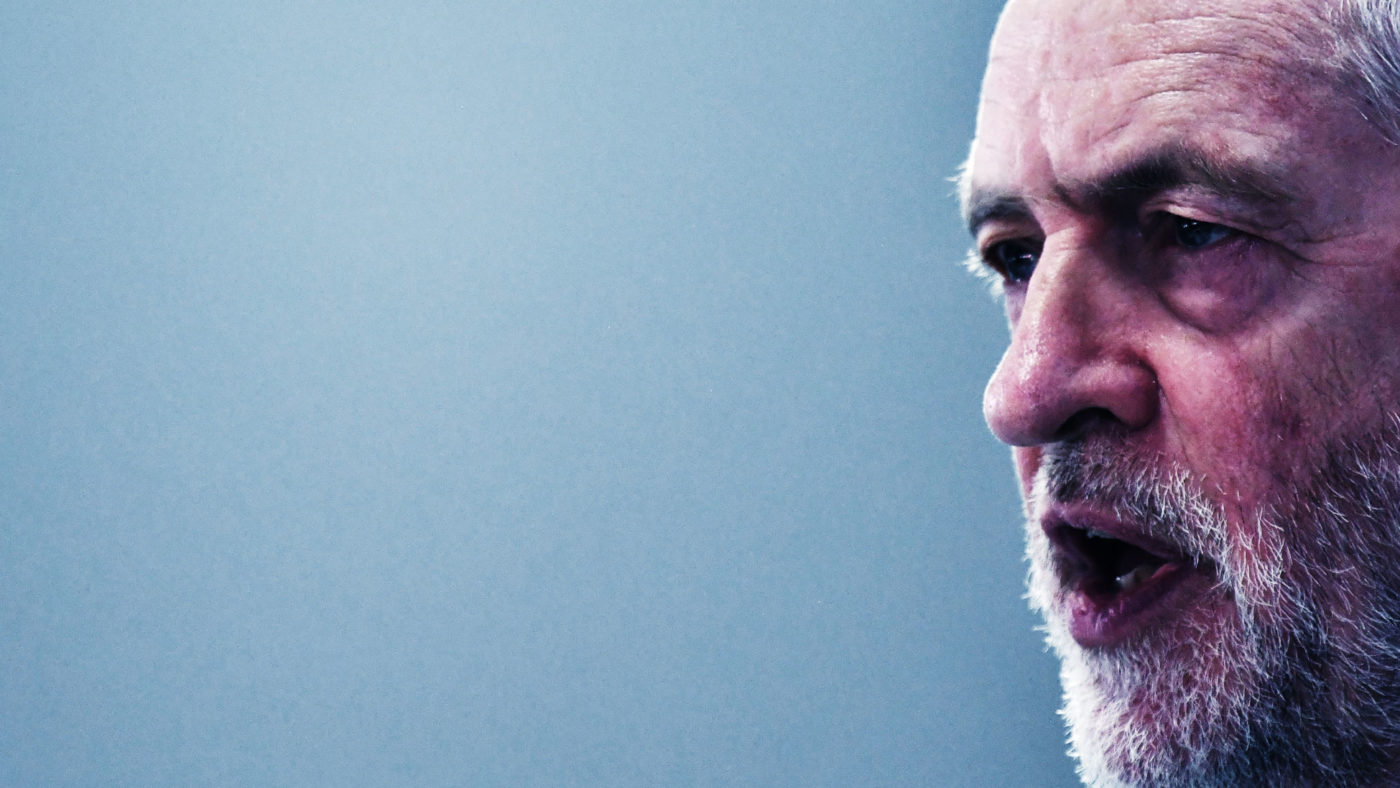On Wednesday afternoon, Jeremy Corbyn ended the nine-month truce that had reigned within the Labour Party since the General Election. In his response to Theresa May’s statement on the attack on Sergei Skripal and his daughter, he effectively took the Kremlin line, insisting (for example) that samples of the nerve agent be sent to Moscow before the government rushed to judgment. It provoked outrage from the Labour benches.
As Alan Lockey of Demos pointed out in his excellent piece for CapX on the tactics behind Corbyn’s stance, the most bad-tempered disagreements between the Labour leadership and its parliamentary party are always about foreign policy. In contrast to their alarm at Putin’s stance on the Salisbury attack, or events in Syria, the party’s moderates seem to be “entirely relaxed about a John McDonnell-controlled economy. At least in Portcullis House, his ‘tea offensive’ appears to have worked”.
This view of the leadership is exemplified by a recent Times column from Tony Blair’s former speechwriter, Philip Collins. After expressing profound alarm at Corbyn’s twisted understanding of foreign affairs, he added that on the economy, Corbyn “has no radical intentions. Domestically, he doesn’t want anything.”
That may be a reassuring thought for centre-left Labour supporters struggling to come to terms with the fact that the Communist Party of Britain is working to get their party into power. But it is also utter nonsense.
Let’s put aside the fact that John McDonnell is Shadow Chancellor – and with him in No 11, a Corbyn government would most definitely have radical intentions.
The problem with the Collins analysis is that it completely misunderstands the Labour leader.
It is true that Corbyn has focused most of his Parliamentary attention over the years on foreign affairs, deploying a sophisticated strategy of throwing his lot in with whoever happens to be the greatest threat to the West in general and the United States in particular.
It is also true that the current Labour pitch to voters – Tory austerity bad, Labour spending good – sounds harmless enough to someone on the centre-Left.
But separating Corbyn’s domestic politics from his views on foreign policy is impossible, not least because Corbyn himself draws no such distinction.
In his foreword to the 2011 edition of Imperialism: A Study, which my colleague Robert Colvile has slogged through so you and I don’t have to, he wrote: “Free market capitalism cannot provide for everyone or sustain the natural world. Its very imperative is of ever hastening exploitation of all resources including people, and it needs armies and weapons to secure those supplies. The political appeal, unchallenged in the 1990s, of this concept is fast fading by a combination of Islamic opposition and the radical popular movements of landless and poor peoples in many poor countries.”
Corbyn, in other words, is a comically doctrinaire creature of the far Left. Neoliberalism and Western imperialism are two sides of the same coin to him. Absurd as it may sound, opposing Tory austerity and the US invasion of Afghanistan are both part of the same fight. Corbyn looks in the mirror and sees a man locked in a global struggle, sticking up for the poor against grubby capitalists whether they are in Kabul or Kensington.
The insight that Corbyn sees little difference between what is happening over there and what is happening here in Britain is a clue as to how he would behave in office. If the end justifies the means in Venezuela, then why not in Britain? If the man who would be Corbyn’s Chancellor says that his biggest influences are Marx, Lenin and Trotsky, what reason do we have to believe that their ideas wouldn’t instruct his decisions in power?
The neat division between foreign policy Corbyn, with his questionable friends and disregard for human rights when it suits him, and domestic Corbyn, who just wants to nationalise one or two industries and end austerity, doesn’t just ignore what Corbyn thinks, says and does. It also ignores history. Economic freedom is always the canary in the coal mine.
When, for example, John McDonnell is pressed about the cost of nationalisation and eventually admits that “Parliament will set the price”, we aren’t just getting peek of what McDonnell thinks of a dry question like how best to provide public utilities. We’re being given a clue as to the kind of ideological experiment he and Jeremy Corbyn would be willing to run on Britain. We’d be fools to ignore it.
This article is taken from CapX’s Weekly Briefing email. Sign up here.


